5 Simple Steps to Start Getting Firefighter Fit
Health and fitness can seem overwhelming for many firefighters—but it doesn’t have to be that way. While this article won’t be the secret formula for getting fit for duty “in 30 days,” it provides 5 practical steps that every firefighter can use to improve their health.
1. Start Exercising in Small Increments
As firefighters, we all know that exercising is good for us. But many of us are hesitant to workout for a wide variety of reasons: time constraints, lack of knowledge, or lack of motivation. Some may believe that they have to spend countless hours in a gym to be effective. However, the truth is that ANY amount of exercise is beneficial to our bodies.
To get back into exercising, start with three 10-minute sessions per week. Go for a walk, do a combination of push-ups/crunches/air squats, lift weights, or walk up and down a set of stairs. It really doesn’t matter what you choose—just get up and get moving as soon as possible.
2. Drink More Water
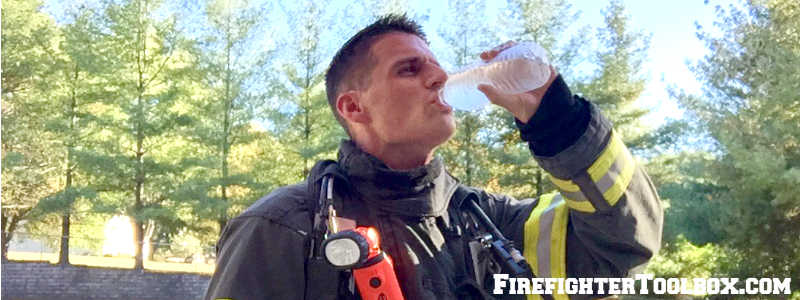
Firefighters love coffee, soda, and even energy drinks. Most of these are acceptable in small doses, but too much can cause us to become dehydrated too easily. Unfortunately, dehydration decreases our physical performance, increases our risk of heart attack, and increases our risk of cancer.
The National Academy of Sports Medicine recommends that men drink approximately 13 cups of water and women drink about 9 cups of water per day.
Drinking enough water is very easy to accomplish. Drink a large class of water when waking up in the morning, drink at least two cups of water with each meal and snack, carry water with you at all times, and eat more fruits and vegetables.
3. Eliminate Foods with Trans Fats
Trans fats increase our risk of heart disease by lowering healthy HDL cholesterol and raising unhealthy LDL cholesterol levels. Additionally, high intake of trans fats can lead to the development of diabetes. Trans fats are in foods that have partially hydrogenated vegetable oil, shortening, and some dairy fat.
They may include the following:
- Anything Fried and Battered – French fries, doughnuts, fried chicken, onion rings
- Anything with Shortening – Biscuits, bread rolls, crackers, cookies, muffins, pie crust, cakes, icing
- Margarine spreads and sticks
- Some ice cream, milkshakes, frozen/creamy beverages
- Butter-flavored microwave popcorn
4. Eat More Fiber
Simply put, fiber does amazing things for our bodies. It promotes heart health, decreases weight gain by helping us feel more full, reduces risk of diabetes by controlling blood sugar, and prevents constipation.
Men should take in 38 grams of fiber and women should take in 25 grams of fiber per day. Fiber-rich foods include pears, apples, raspberries, dried fruit, artichoke hearts, pea varieties, leafy greens, beans, whole grains (oatmeal, quinoa, brown rice), and nuts/seeds (almonds, pistachios, pumpkin seeds).
5. Stretch and Foam Roll
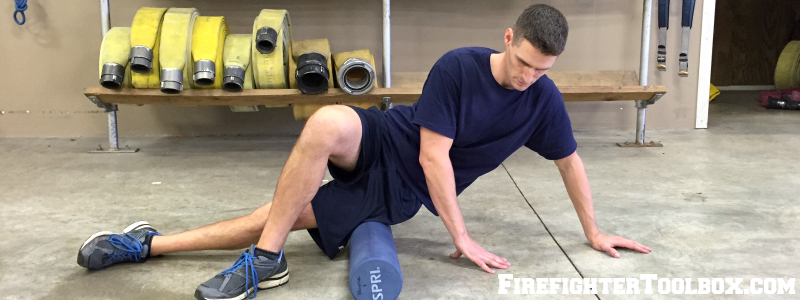
Most of us know that sprains and strains are the most common injuries in our profession. Overly tight muscles restrict movement, flexibility, and range of motion. The last thing a firefighter wants to endure is a career-ending back injury from a lack of flexibility.
Through short stretching sessions with foam rolling, we can easily increase our flexibility. When warming up before exercise, use dynamic (in-motion) stretching. This can include arm circles, walking lunges, air squats, etc. If a muscle is overly tight, use a foam roller to massage the muscle. If you find a knot in the muscle, hold pressure on it for 30-seconds.
After a workout, use static stretching and foam rolling to aid in the recovery process. Static stretching is what we typically think of as the “reach and hold” stretching. Hold static stretches for at least 30-seconds.
Foam rolling can be used at anytime throughout the day. If your hip, legs, or back feel tight, don’t hesitate to roll them out.
If you have any questions or comments about the information presented in this article, leave a comment below or email me at [email protected]
Check out this Firefighter Toolbox Podcast for tips on fitness motivation: Episode 069


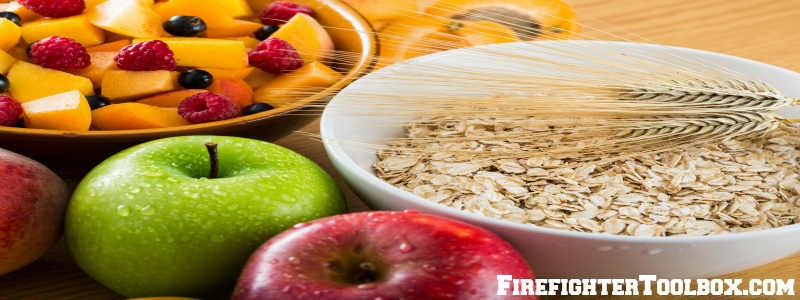

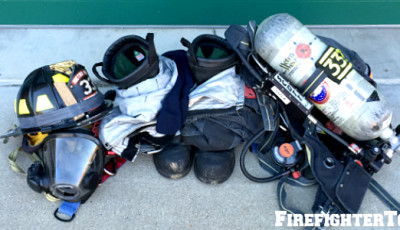
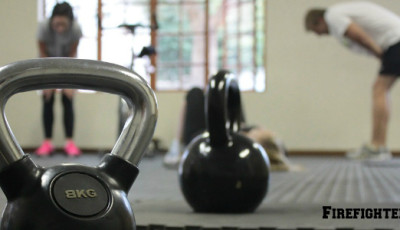

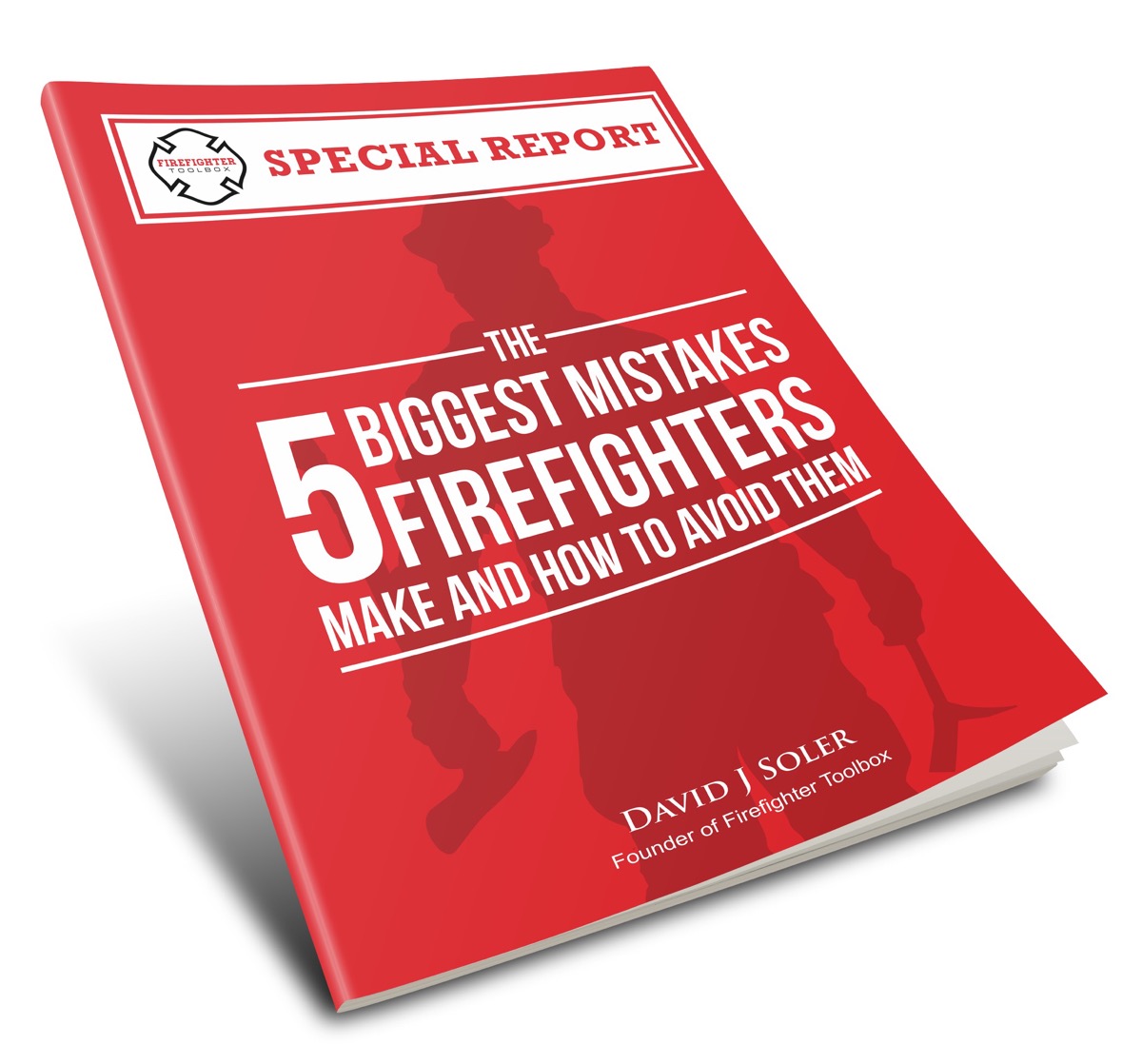



Being a firefighter it’s good for fire service